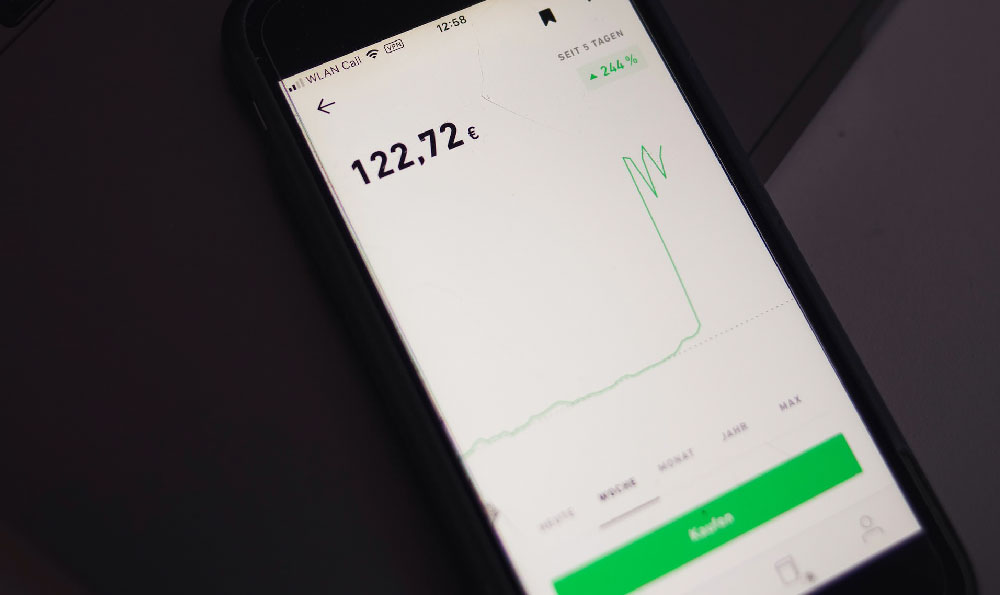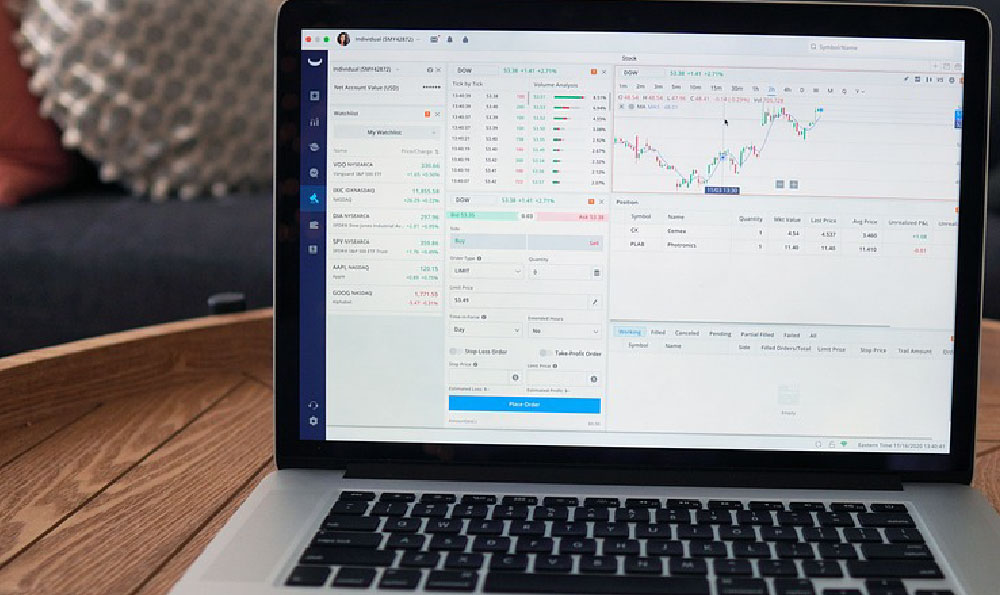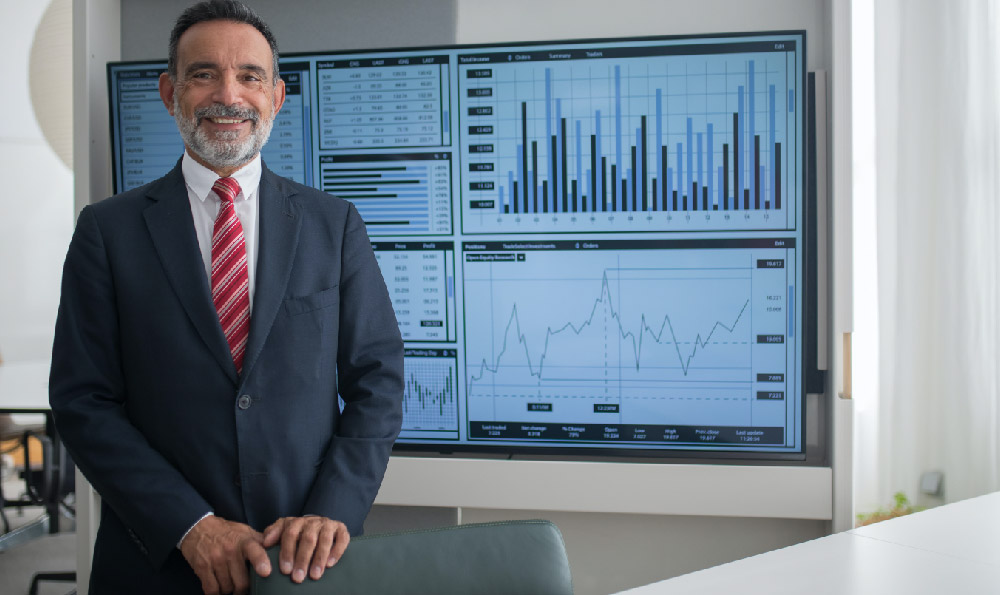Okay, I understand. Here's an article written in English, aiming to answer the question of how Elon Musk made his money and the pivotal steps he took, exceeding 800 words and avoiding the specified constraints:
Elon Musk’s ascent to becoming one of the world's wealthiest individuals is a story of relentless ambition, technological innovation, and a high tolerance for risk. It’s a journey marked by both spectacular successes and near-catastrophic failures, offering valuable insights into the strategies and characteristics that underpinned his fortune. Understanding how he amassed his wealth requires examining the critical stages of his career and the key decisions that propelled him forward.
Musk's initial foray into entrepreneurship came with Zip2, a company he co-founded with his brother Kimbal Musk in 1995. Recognizing the burgeoning potential of the internet, Zip2 provided online city guides to newspapers, integrating maps, directions, and business listings. This early venture, although relatively modest compared to his later endeavors, was crucial for several reasons. It demonstrated Musk’s ability to identify a market need and create a viable solution. More importantly, it provided him with the foundational experience of building and scaling a technology company. While Musk didn't hold the CEO position, his contributions were vital to the company’s technological development and strategic direction. The eventual acquisition of Zip2 by Compaq in 1999 for over $300 million provided Musk with his initial capital, a sum that would serve as the seed money for his subsequent, far more ambitious projects. This initial windfall provided him with the freedom to pursue riskier, more innovative ventures that had the potential for far greater returns.

Following the Zip2 acquisition, Musk didn't rest on his laurels. Instead, he channeled his energy and a significant portion of his wealth into X.com, an online financial services company that aimed to revolutionize the banking industry. X.com quickly merged with Confinity, another online payment company, which subsequently became PayPal. This merger was pivotal because it brought together two competing forces in the nascent online payment market, consolidating their resources and expertise. While Musk's tenure as CEO of PayPal was relatively short-lived due to internal conflicts, his vision for simplifying online transactions and his aggressive growth strategies were instrumental in PayPal's rapid expansion. The sale of PayPal to eBay in 2002 for $1.5 billion provided Musk with a substantial return on his investment, estimated to be around $180 million. This marked a turning point in his career, solidifying his reputation as a successful entrepreneur and providing him with the financial resources to tackle even more audacious goals.
Crucially, Musk didn't diversify his wealth into safer, more conventional investments. Instead, he doubled down on his vision for the future, investing heavily in two ventures that, at the time, were considered incredibly risky and unlikely to succeed: SpaceX and Tesla. SpaceX, founded in 2002, aimed to revolutionize space travel by dramatically reducing costs and enabling the colonization of Mars. Tesla, initially founded by Martin Eberhard and Marc Tarpenning, was focused on creating high-performance electric vehicles that could compete with traditional gasoline-powered cars. Musk joined Tesla as Chairman in 2004 and later became CEO, taking on the challenge of transforming the company into a viable automaker.
The early years of both SpaceX and Tesla were fraught with challenges. SpaceX faced numerous launch failures, teetering on the brink of bankruptcy on multiple occasions. Tesla struggled with production delays, quality control issues, and financial difficulties. Many questioned Musk's sanity, arguing that his ambitions were unrealistic and his companies were doomed to fail. However, Musk's unwavering belief in his vision, his relentless pursuit of innovation, and his ability to attract and motivate talented engineers and scientists ultimately proved crucial to their survival.
One of the pivotal moments for SpaceX came in 2008, when the company successfully launched its Falcon 1 rocket into orbit after three previous failed attempts. This achievement, which came just weeks before SpaceX was expected to run out of money, secured a crucial NASA contract, providing the company with the financial stability it needed to continue developing its technology. For Tesla, the launch of the Model S in 2012 was a game-changer. The Model S, a high-performance electric sedan, received rave reviews for its design, performance, and technology, proving that electric vehicles could be both desirable and practical. This success paved the way for Tesla to become the dominant player in the electric vehicle market.
Musk’s success can be attributed to several key factors. First, his ability to identify and capitalize on disruptive technologies. He saw the potential of the internet early on, recognized the need for a better online payment system, and believed in the future of electric vehicles and space exploration. Second, his willingness to take calculated risks. He invested heavily in ventures that were considered highly speculative, but he did so with a deep understanding of the underlying technology and market dynamics. Third, his leadership style. Musk is known for his demanding and unconventional approach, but he also inspires his employees to push the boundaries of what is possible. He sets ambitious goals, provides them with the resources they need to succeed, and holds them accountable for results. Fourth, his focus on continuous innovation. Musk is constantly seeking ways to improve his products and services, and he encourages his teams to experiment and take risks. This relentless pursuit of innovation has allowed his companies to stay ahead of the competition.
In recent years, Musk has continued to expand his empire, venturing into new areas such as artificial intelligence (with Neuralink) and infrastructure development (with The Boring Company). These ventures, like his earlier ones, are characterized by ambitious goals and a willingness to challenge conventional wisdom.
In conclusion, Elon Musk's wealth is not simply the result of luck or inherited privilege. It is the culmination of a series of strategic decisions, technological innovations, and relentless pursuit of his vision. His journey offers valuable lessons for aspiring entrepreneurs and investors, demonstrating the importance of identifying opportunities, taking calculated risks, building strong teams, and never giving up on your dreams. His pivotal steps involved not just initial ventures like Zip2 and PayPal, but the audacious bets on SpaceX and Tesla, fueled by a profound belief in technological progress and a willingness to defy conventional wisdom.












